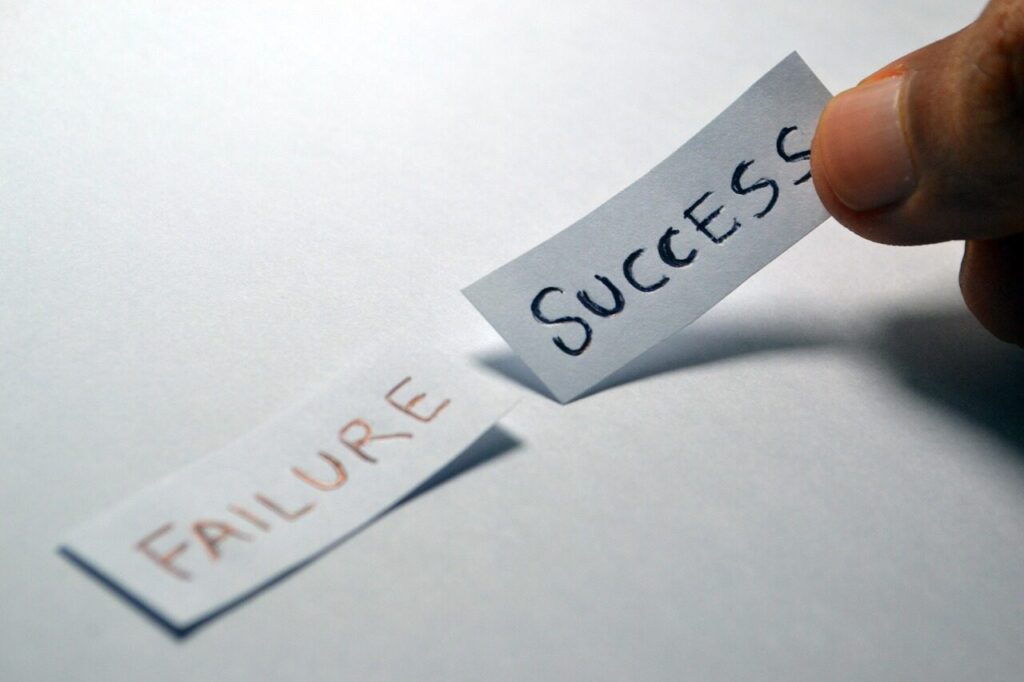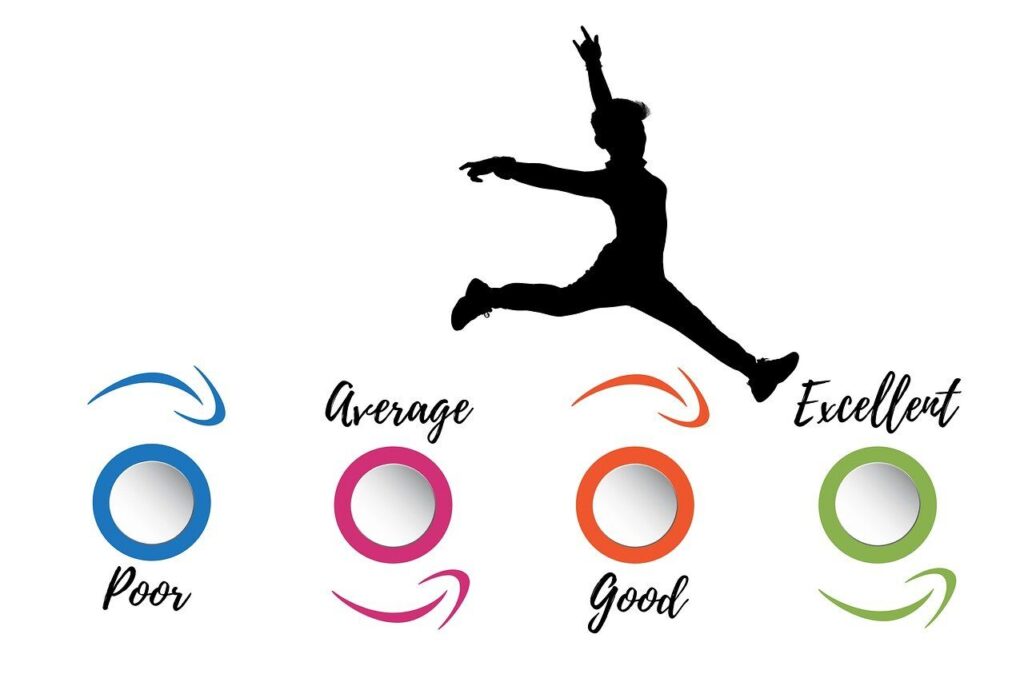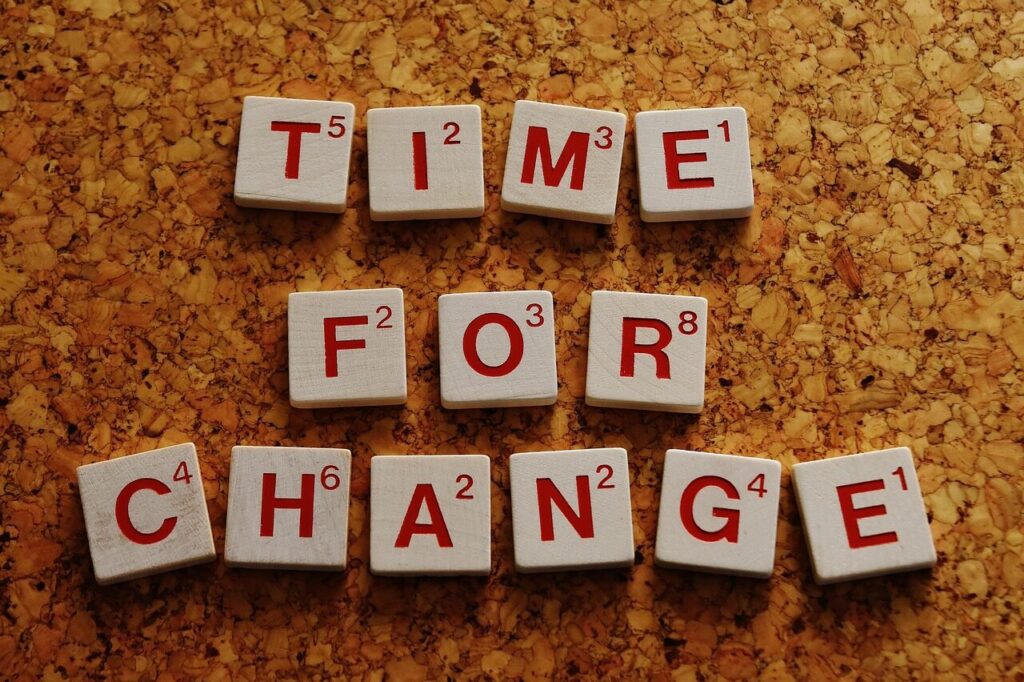Unpopular opinions often stir discomfort because they challenge what most people take for granted. Yet, many of them hold a surprising truth when viewed with clarity rather than emotion. These perspectives don’t aim to provoke but to illuminate overlooked wisdom hidden behind social conformity. What seems “wrong” at first glance often reveals quiet logic upon reflection. Here are ten unpopular opinions that deserve a second thought because sometimes, the crowd isn’t as right as it believes.
1. Happiness Isn’t the Ultimate Goal

The idea that life’s purpose is to be happy sounds inspiring, but it creates unrealistic expectations. Human experience includes sadness, boredom, and struggle, all vital for depth and wisdom. Chasing constant happiness leads to burnout and guilt when life feels imperfect. True fulfillment comes from meaning, not euphoria from contributing, learning, and enduring. When we stop worshiping happiness as a constant state, we find contentment in authenticity instead of illusion.
2. Failure Is More Valuable Than Success

While success earns applause, failure often builds stronger foundations. Mistakes reveal blind spots, encourage humility, and push creativity in ways winning cannot. Those who fail learn to adapt, persevere, and see patterns others miss. Success may confirm ability, but failure sharpens it. The greatest breakthroughs from scientific discovery to personal growth often rise from setbacks. Instead of fearing failure, we should study it; it teaches lessons success never will.
3. Popular Doesn’t Mean Good

Popularity is often mistaken for quality, yet the masses frequently chase comfort, not depth. The most celebrated movies, trends, or products succeed because they’re easy to digest, not because they’re exceptional. True excellence demands patience and understanding, qualities most overlook. Many ideas or works once ridiculed later became timeless. History repeatedly shows that applause is not proof of greatness; sometimes, it’s evidence of lowered standards dressed in charm.
4. Alone Time Is Underrated

In a world obsessed with connection, solitude has become misunderstood. Time alone isn’t loneliness, it’s recovery. It’s the pause where thoughts realign, where creativity whispers and clarity emerges. Constant interaction drains emotional batteries and dulls self-awareness. Solitude allows people to hear their own voice instead of echoing others’. Far from antisocial, those who embrace solitude often understand themselves and, therefore, others more deeply. Peace thrives in the quiet moments we too often avoid.
5. Not Everyone Needs to Have Kids

Society often treats parenthood as the ultimate life milestone, yet fulfillment takes many shapes. Some people nurture ideas, art, or communities instead of children, and that choice is equally valid. Parenthood demands emotional, financial, and personal readiness; entering it out of pressure can breed unhappiness. Knowing one’s limits isn’t selfish; it’s responsible. The world doesn’t need more parents by default; it needs more people who understand why they choose the path they do.
6. Hard Work Isn’t Always Enough

“Work hard and you’ll succeed” is comforting, but incomplete. Many people labor tirelessly without ever reaching recognition, often due to circumstances beyond their control, luck, timing, or privilege. Hard work matters, but working smart, leveraging opportunity, and maintaining adaptability matter more. Accepting that merit doesn’t always guarantee success prevents resentment and encourages empathy. Hard work builds character, but awareness builds direction; together they shape realistic, meaningful progress in an unfair world.
7. Comfort Zones Aren’t Always Bad

The mantra “leave your comfort zone” is overstated. Growth doesn’t require chaos; it needs stability, too. Comfort zones provide recovery, reflection, and self-trust which are necessary before taking risks. Constantly seeking discomfort can lead to exhaustion rather than evolution. There’s wisdom in knowing when to pause instead of pushing. A balanced comfort zone can be a base camp for courage, not a prison of fear. Rest isn’t regression, it’s renewal disguised as stillness.
8. Social Media Isn’t Real Life

What we see online is rarely life; it’s a highlight reel edited for approval. People showcase milestones, not missteps, creating illusions of constant success. Comparing yourself to filtered reality is emotional sabotage. The curated world of likes and stories doesn’t reflect the messy, beautiful truth of being human. Disconnecting occasionally helps restore perspective. Validation built offline lasts longer because it’s rooted in presence, not performance, and that’s where true confidence lives.
9. It’s Okay to Be Average

Modern culture glorifies excellence so fiercely that being “average” feels like failure. But most of humanity is average, and that’s fine. Ordinary lives hold meaning through love, stability, and kindness. Not everyone must innovate or lead to live well. Chasing greatness for its own sake often erodes joy. Peace often lies in embracing enoughness, not endless ambition. There’s quiet dignity in doing ordinary things wholeheartedly, and that’s a truth worth defending.
10. Change Isn’t Always Necessary

While evolution fuels progress, not every moment calls for reinvention. Sometimes, consistency is the bravest act of all. Society romanticizes transformation, yet identity doesn’t always need rebuilding. Change can become an addiction that masks insecurity. There’s beauty in stability, knowing who you are, and staying aligned with your principles. Growth doesn’t always mean becoming new; it can mean standing firm. Sometimes, the wisest change is choosing not to chase it.
Comments